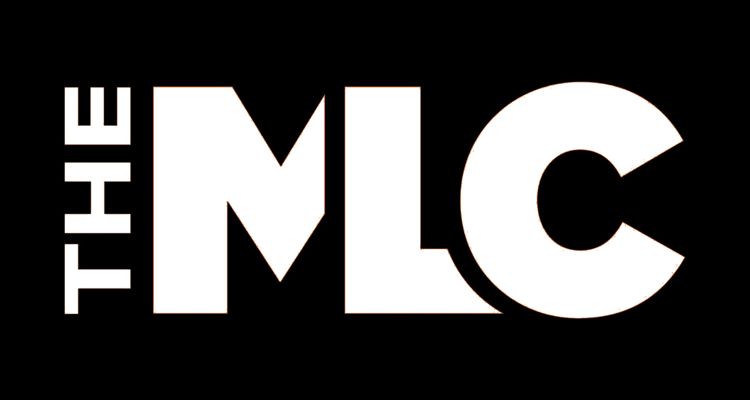
Spotify Files Motion to Dismiss MLC's Unpaid Royalties Lawsuit, Calls Claims 'Nonsensical'
Spotify has filed a motion to dismiss the Mechanical Licensing Collective's (MLC) unpaid-royalties lawsuit, arguing that their audiobook bundling strategy is legally sound and properly classified.
The dispute centers on Spotify's 2024 reclassification of its U.S. subscription options as bundles, which significantly reduced mechanical royalty payments. Between March and June alone, Spotify saved approximately $50 million in mechanical royalties through this restructuring.

White MLC logo
The MLC's lawsuit, filed in May, contends that Spotify's packages don't qualify as true bundles because:
- Audiobooks access isn't a "differentiated product"
- The offering doesn't exceed the required "token value" for bundle classification
Spotify's dismissal motion, filed through Latham & Watkins, argues that:
- Audiobook streaming is clearly distinct from music streaming
- 15 hours of monthly audiobook access carries more than token value
- The platform isn't required to offer standalone audiobook products to qualify for bundle status
- The timing of audiobook integration (November 2023) versus formal bundle classification (2024) is irrelevant
Spotify emphasizes that the case should be dismissed with prejudice, noting that the MLC's legal fees are funded by streaming services, including Spotify itself, making the litigation particularly wasteful.
The streaming platform maintains that the fundamental question - whether audiobook streaming is distinct from music streaming and offers greater than token value - has an "indisputable" answer requiring no federal court intervention.
This legal battle spotlights the broader industry tension over streaming royalty calculations under the Phonorecords IV determination, which will remain in effect through 2027.
Related Articles

Gibson Wins Second Trademark Battle Against Dean Guitars, But ES Body Shape at Risk

